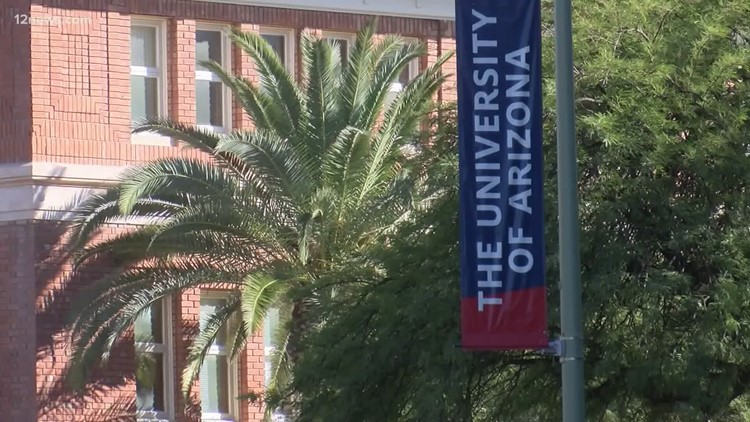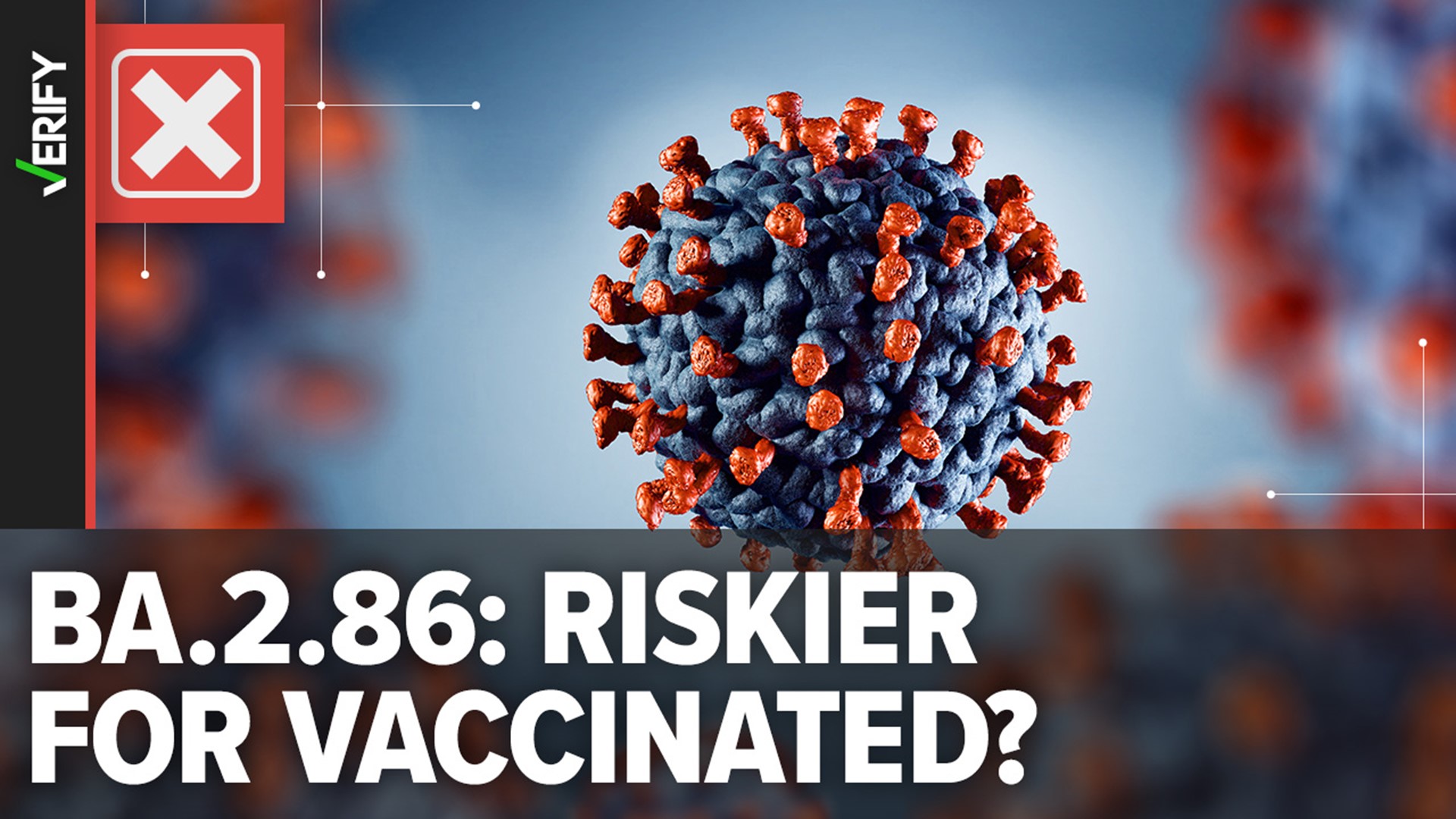TUCSON, Ariz. — Students attending the University of Arizona this fall won't be required to wear masks nor show proof of vaccination for the coronavirus once classes start on Aug. 23.
UArizona President Robert Robbins said COVID-19 testing sites and an isolation dormitory for infected students will remain in place this semester, but there's little else the university can legally do to stop the virus from spreading.
Gov. Doug Ducey recently prohibited public universities from requiring students to get vaccinated or wear masks and UArizona's leaders aren't intending to challenge the state's new rules.
"We are going to obey the law," President Robbins said on Monday during a press briefing.
But Robbins, who has a medical degree and previously worked as a cardiac surgeon, still believes that vaccinations are the best safeguard to protect the university's 44,000 students.
"I am pleading with you," Robbins said. "Please, if you're not vaccinated, get vaccinated."
Despite not having the power to institute specific mitigation strategies, Robbins strongly urged the university's students to voluntarily undergo weekly testing and to continue wearing masks, regardless of their vaccination status.
"I expect everyone to cover their face when they're indoors," Robbins added. "It is my expectation that we will all respect each other and wear masks in these areas to promote in-person learning."
UArizona is fully reopening its campus this semester with mostly in-person classes after the pandemic forced the university to move many courses online during the last school year.
Robbins said his staff will be monitoring COVID-19 data in the coming weeks and will make adjustments to the university's learning modalities if there's a sudden outbreak on campus.
UArizona is attempting to return to a sense of normalcy this year, while simultaneously instituting whatever mitigation measures Arizona law still allows the university to put in place.
Students living on campus who test positive for the coronavirus will be asked to transfer to a special dormitory or find off-campus housing.
Over the last year, the university's maintenance staff have installed more than 8,000 air filters throughout the campus that can better prevent the virus from spreading.
"These filters are very efficient at removing airborne particles of the size that usually transport the (COVID-19) virus," Robbins said.
UArizona is asking for its students and employees to voluntarily upload pictures of their vaccination card to the university's website, in an effort to better track who's already gotten vaccinated.
Robbins estimated that less than 50% of the university's population is vaccinated and insisted UArizona should strive to raise that rate up to 85%, in order to bring an end to the pandemic.
"We cannot move on from this pandemic," Robbins said. "We cannot go around it and we cannot hide from it."
As the Delta variant of COVID-19 continues to impact how the virus spreads across Arizona, the university's leaders are hopeful that the state's recent rise in infection rates may convince more residents to get vaccinated.
Dr. Richard Carmona, one of the university's professors of public health, said widespread vaccination is the best method for preventing more virus variants from starting to propagate.
"Vaccinations are the best thing we could do," Carmona said. "The more that this virus continues to spread, it will continue to mutate."
Robbins said the university may make adjustments to its mitigation plan before classes start later this month, since the state's infection rates continue to change on a daily basis.
"There's a lot that could change in two weeks," Robbins added.



